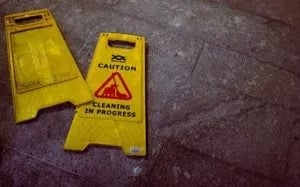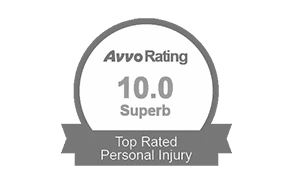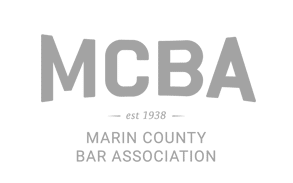
Property owners have a duty to properly maintain their premises and regularly inspect their grounds. If a property owner breaches this duty, they can be held liable if someone is injured.
Wet and slippery floors are common hazards in large commercial locations such as restaurants, hotels, bars, shopping centers, sports arenas, and convention centers. Public places like libraries and courthouses also have a duty to properly inspect and clean the premises.
So, who is at fault if you fall after slipping on a wet floor? If you can prove negligence on the part of the property owner, they can be held liable for your injuries.
If you were injured in a slip and fall accident due someone else’s negligence, contact the slip and fall accident lawyers at the Wakeford Law Firm today by calling (415)569-7495.
How Wet and Slippery was the Floor?
Demonstrating negligence on the part of the property owner is the most important part of your case. Just because you slipped and fell is not proof the owner had any negligence.
You’ll need to prove that the floor was unreasonably slippery, and that the owner knew, or should’ve known, the condition existed. The owner and manager have an obligation to clean up a wet floor, or at least place a wet floor sign that alerts people to the presence of a hazardous condition.
The cause of the slippery floor is another important element in your premises liability case. If you are unsure what you slipped on, you are likely to have issues proceeding with your case.
What Causes a Wet Floor
Aside from a customer or employee spilling something, there are other conditions that can cause a wet floor and create a hazardous condition:
● Roof, pipe, or ceiling leaks
● Liquid items or products that have fallen and broken on the floor
● Rain brought in from outside
● Ice melting
● Condensation from a leaking air conditioner
● Animal urine
Spills will vary based on a number of factors, including the business type and weather. For example, you can expect a lot of water will be brought inside from the door repeatedly opening and water dripping off shoes, jackets, and umbrellas.
Businesses should have extra absorbent mats during inclement weather.
Potential Injuries from Slipping on a Wet Floor
There are a number of injuries that can result from slipping on a wet floor. Some of the more common injuries include:
● Face — Broken nose or teeth, facial fracture, eye injuries
● Lower extremities — Ligament damage, knee injuries, broken leg, or even a shattered pelvis
● Head — Skull fracture, hematoma, brain hemorrhage, traumatic brain injury
● Internal — Organ damage or failure, internal bleeding, broken rib, collapsed lung
● Spinal cord injuries
● Broken arm, wrist, or shoulder injury
● Bruising, contusions, pulled muscles, cuts, and scrapes
Compensation for Slip and Fall Accidents
The compensation you are entitled to will depend on your injuries and your own liability. In California, you are entitled to be reimbursed for damages like:
● Doctor visits, prescriptions, and other medications
● Emergency room and hospitalization
● Lost wages if you are unable to work
● Pain and suffering, non-economic damages
● Future medical costs, including costs to remove scars or to correct disfigurements
● Future loss of earnings if you become permanently disabled
● Physical therapy
● Punitive damages in limited situations
Workplace Slippery Floor Accidents
Workplace injuries due to wet floors are a common cause of occupational accidents. In addition to wet floors, a number of other hazards can cause an employee to slip and fall in the workplace:
● Loose carpeting
● Items left in the middle of the floor
● Broken floor tiles
● Electrical wires across the floor
● Floor mats that have edges turned up
● Maintenance crew not cleaning up spills or other hazards, or failure to set up warning signs
● Floor wax
With the use of proper workplace safety guidelines and policies, slip and fall hazards in the workplace can be reduced or even eliminated.
Wet Floor Sign Law – When an Owner is Not Negligent
There are instances where a slippery floor might be unavoidable, like after it’s waxed.
If the property owner places a sign warning of slippery floors, they may not be negligent. If you were aware the floor was slippery and choose to walk across it anyway, a judge might rule for the defendant.
There are some situations where placing a warning sign isn’t enough. If the floor was waxed just before a peak traffic time or it’s raining outside and the property owner proceeds with waxing the floors knowing they will be even more slippery, the judge may say putting up a warning sign was not sufficient.
Slip and fall Attorney in Northern California
Premise liability claims are complex. You need a skilled Northern California slip and fall attorney to help prove liability against the defendant(s). Contact The Wakeford Law Firm at (415)569-7495 to schedule a consultation in our San Francisco or Marin County office.
How useful was this post?
Click on a star to rate it!
Average rating 0 / 5. Vote count: 0
No votes so far! Be the first to rate this post.







